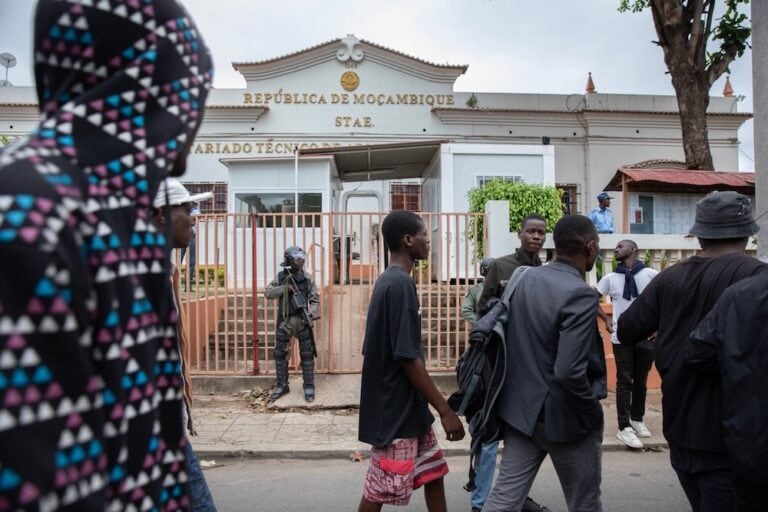Mozambique's access to information bill seeks to create greater transparency and generate public participation. However, it has also been the subject of some criticism with respect to whether it adequately enforces the right in all its dimensions.
This statement was originally published on misa.org on 1 December 2014.
The Media Institute of Southern Africa (MISA) is pleased to learn that on Wednesday, 26 November 2014 the Mozambican Parliament passed an access to information (ATI) bill.
The bill passed its first reading on 21 August, and last week the Assembly of the Republic, during an extraordinary session, unanimously passed the second and final reading of the bill, which will oblige public bodies, and private bodies invested with public powers, to release information upon request.
The bill has been on the policy agenda since 2005 when the Mozambican Chapter of MISA (MISA Mozambique) facilitated a media seminar that crafted the framework for a draft bill. It seeks to create greater transparency and generate public participation in Mozambique. However it has also been the subject of some criticism with respect to whether it adequately enforces the right in all its dimensions.
The bill imposes a duty on public and some private bodies to “make available information of public interest in their power, publishing it through legally permitted channels, which can make it increasingly accessible to citizens.” The only requirement on people requesting information is that they identify themselves; they will not need to explain what they want to do with the information. Requested information must be provided within 21 days.
“MISA Mozambique is delighted at the final passing of the access to information bill by the Parliament of Mozambique,” MISA Mozambique Chairperson Fernando Goncalves said.
“We believe this is an important step in the process of strengthening the democratic process in Mozambique.”
“We recognise that the law has some weaknesses, in the sense that it does not provide for an independent mechanism to oversee its implementation or to handle complaints from the public, but we see it as a first step in the right direction. That notwithstanding, an effective implementation of the law will bring into our system of governance the notion that public institutions should be accountable to the public.”
“Information is a powerful tool in empowering people in their interaction with both public and private institutions, and we believe this law goes a long way in ensuring that goal is achieved.”
Mozambique becomes the fourth southern African country to adopt an access to information law, joining the other 14 countries on the continent that have specifically passed a law guaranteeing the right to access to information.
Access to information is constitutionally protected in Mozambique, and the government has ratified five of the six African Union treaties that recognise the right to access to information.


